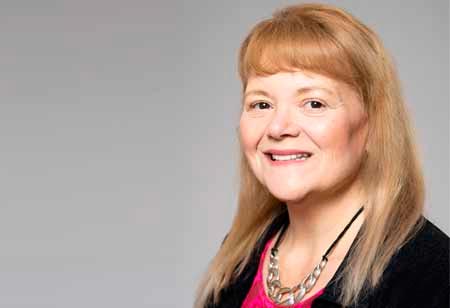Thank you for Subscribing to Healthcare Business Review Weekly Brief

Inpatient Interdisciplinary Care Model with Pharmacy: Revisiting the Traditional Roles of Clinical Team Members
Healthcare Business Review
The current nursing shortage has become critical worldwide. According to a 2023 report from the International Council of Nurses, 13 million more nurses will be needed globally by 2030. This nursing shortage is especially dire in the southern coastal U.S., where the cost of living is high and environmental threats decrease the quality of life. Contributed in part by the global COVID-19 pandemic, the total cause(s) of this most recent nursing shortage are multifactorial and beyond the scope of this writing.
To meet patient care needs in the short term, healthcare systems have employed in-house or external agency nurses at exorbitant contract rates. What was supposed to be a short-term solution became the norm for many years before and during the COVID-19 pandemic, costing the large healthcare system billions of dollars annually. No longer a sustainable solution, healthcare systems seek new and innovative solutions to meet patient care needs. Besides the financial burden of these contract nurses, even more worrisome are the safety and quality risks associated with the temporary contract nursing model. Evidence has shown that medication errors that reach the patient are more frequent with temporary contract staffing models. A better, longer-term solution is needed to ensure safe, effective, and affordable patient care.
Our organization is addressing immediate patient care needs with innovative, out-of-the-box, creative solutions that utilize each profession's strength collaboratively to create an interdisciplinary care model with pharmacists. Pharmacists have always been willing to evolve to meet the healthcare landscape needs. In this instance, pharmacists, as medication experts, are employed to administer medications to inpatients and to educate inpatients on safe medication use.
Evidence has shown that medication errors that reach the patient are more frequent with temporary contract staffing models. A better, longer-term solution is needed to ensure safe, effective, and affordable patient care.
As pharmacotherapy experts, pharmacists focus on medication safety in their academic and professional training. Pharmacists educate patients and healthcare providers alike about safe medication use. Who better administer medications while educating patients and health care practitioners than your pharmacists? Creating practices that allow closed-loop communication between disciplines while ensuring appropriate competencies ensure safe medication processes for all disciplines within the interdisciplinary model of care.









